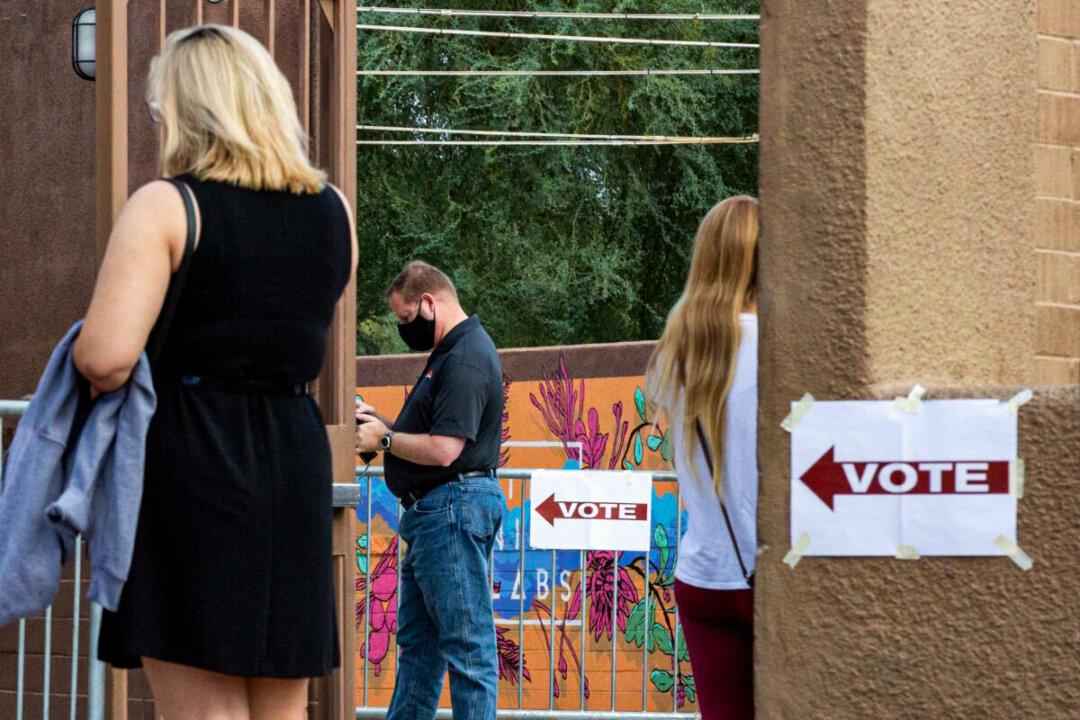The Republican-controlled Arizona House and GOP-led state Senate voted Monday to approve a measure on the November election ballot that would drastically increase the identification requirements needed for Arizonans who want to vote both in-person and by mail.
Gina Swoboda, third vice chairman of the Republican Party of Arizona, announced the measure had been approved in a video posted to Twitter on Monday.




